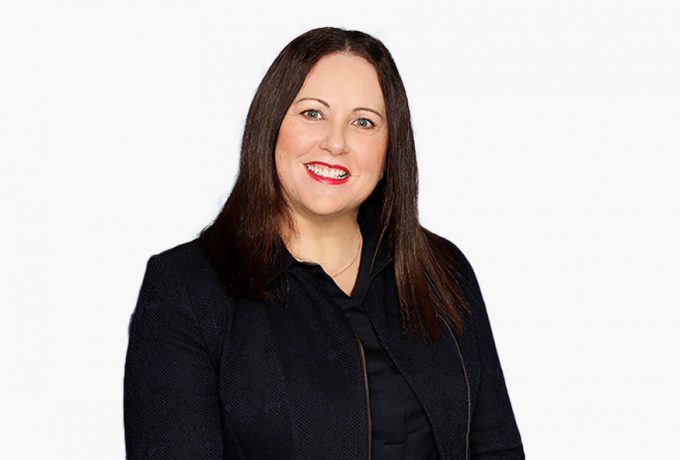
Keeping Australia moving already requires a lot of energy – our annual consumption clocks in at around 180TWh, which is enough to power about 3.6 billion electric vehicles.
Yet within just three decades our electricity needs are expected to double.
Earlier this year, when wholesale electricity prices surged and caused the Australian Energy Market Operator (AEMO) to impose a cap on prices, Australia saw a glimpse of the risks with an electricity network over capacity.
These capped prices were less than the operational cost of some plants to generate power, prompting these facilities to withdraw their capacity from the market. Blackouts were averted after AEMO stepped in to suspend the energy trading market.
As businesses grow and populations increase, Australia requires extra electricity, and additional capacity in the network, to reduce the risk of an overload that would force generators offline and overcook the system.
AEMO’s projections suggest that electricity usage from the interconnected power grid that connects Australia’s eastern and southern states is expected to almost double to 320 terawatt hours per year by 2050.
That means electricity generators will need to feed more power into the grid to meet our growing energy needs, largely from renewable sources as we reduce our reliance on fossil fuels.
AEMO says storage capacity will need to increase by a factor of 30, while grid-scale wind and solar projects must increase from 16GW to 141GW by 2050.
Decentralising the electricity system and allowing more renewable energy to be fed in requires more private investment, yet until recently there has been little incentive or capacity for operators to scale up.
Two recent government pledges are seeking to change the landscape.
The New South Wales state budget committed $1.2 billion to fast-track critical energy infrastructure, including a financing facility to underwrite construction of transmission infrastructure. The State estimates this facility will drive at least $14 billion in private transmission infrastructure investment.
On the Federal Government side, the $20 billion Rewiring the Nation plan championed during the election campaign will provide low-cost finance for power companies to build new transmission infrastructure.
The Federal Government hopes this entity, which is yet to be formally legislated, will unlock $58 billion in private investment to build 10,000km’s of transmission lines to areas where wind and solar farms are being built.
One of the biggest time investments with energy projects is often community engagement and conducting feasibility studies. But in terms of constructing, for example an industrial scale wind farm, it can be a relatively quick one- to two-year project.
However, due to the capital-intensive investment, much of the electricity infrastructure requires the backing of large companies, many of which will be foreign owned.
Big overseas companies – labelled significant global entities by the Australian Tax Office (ATO) – have stringent accounting compliance obligations, with the ATO as one of the most rigorous in the world in enforcing that compliance.
Organisations need to seek advice around how they structure their project to address issues, particularly pertaining to debt.
Energy investment costs tens of millions of dollars, if not hundreds of millions, and they are often debt-funded, which means proponents need to seek advice about structuring their debt to ensure Australia’s thin capitalisation regulations are satisfied.
The obligations that the ATO imposes on significant global entities are quite restrictive and can discourage businesses looking to set up in Australia.
Such organisations may be large globally, but they will only set up a small arm in Australia when they are exploring the feasibility of projects. However, because this small entity is seen to be part of a larger group, their tax compliance obligations remain onerous.
They are required to lodge far more data and information with the ATO than the average start-up is required to, as well as secure approval from the Foreign Investment Review Board.
Energy project approval remains a time-consuming process that is ripe for streamlining, while still preserving the checks and balances that these rules are designed for.
These projects are about delivering energy for use in Australia and creating local jobs. Many of these projects are being built in areas that were traditionally home to coal-fired power plants that have now been decommissioned.
If the Government is genuine about accelerating electricity generation and capacity growth, attracting overseas investment is critical, and simplifying approvals would be an effective key step in keeping the nation powering on.











